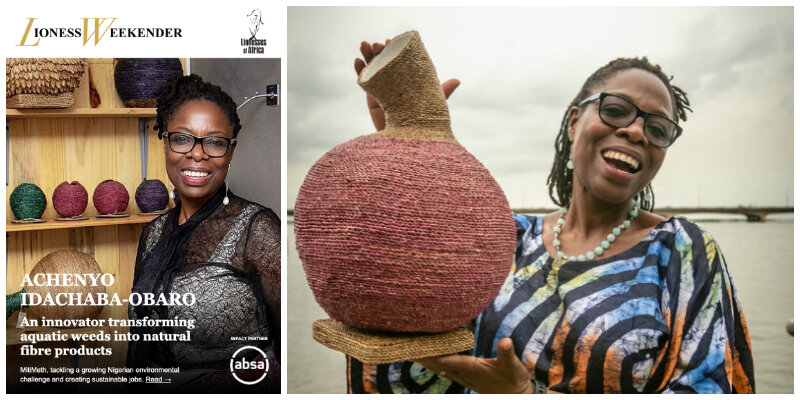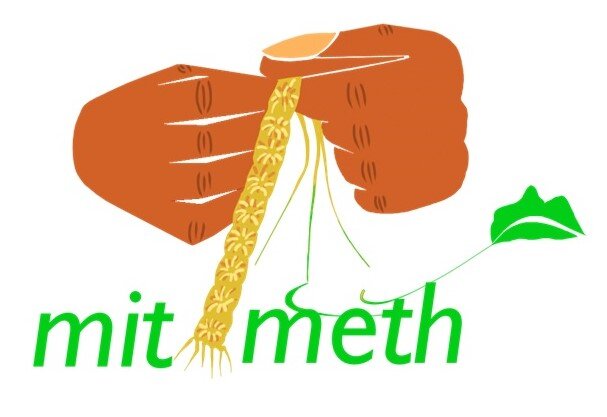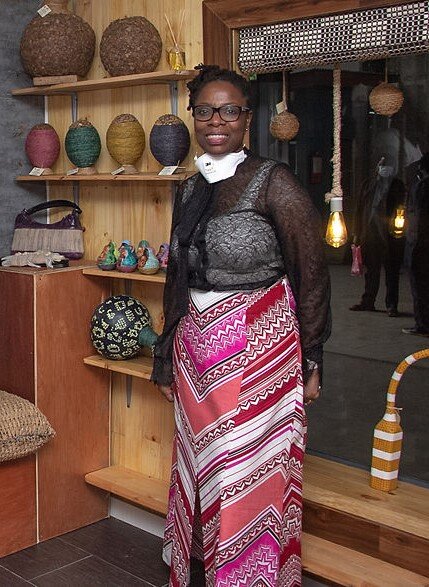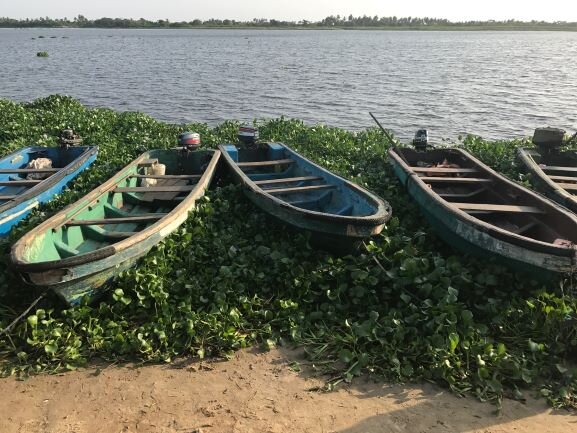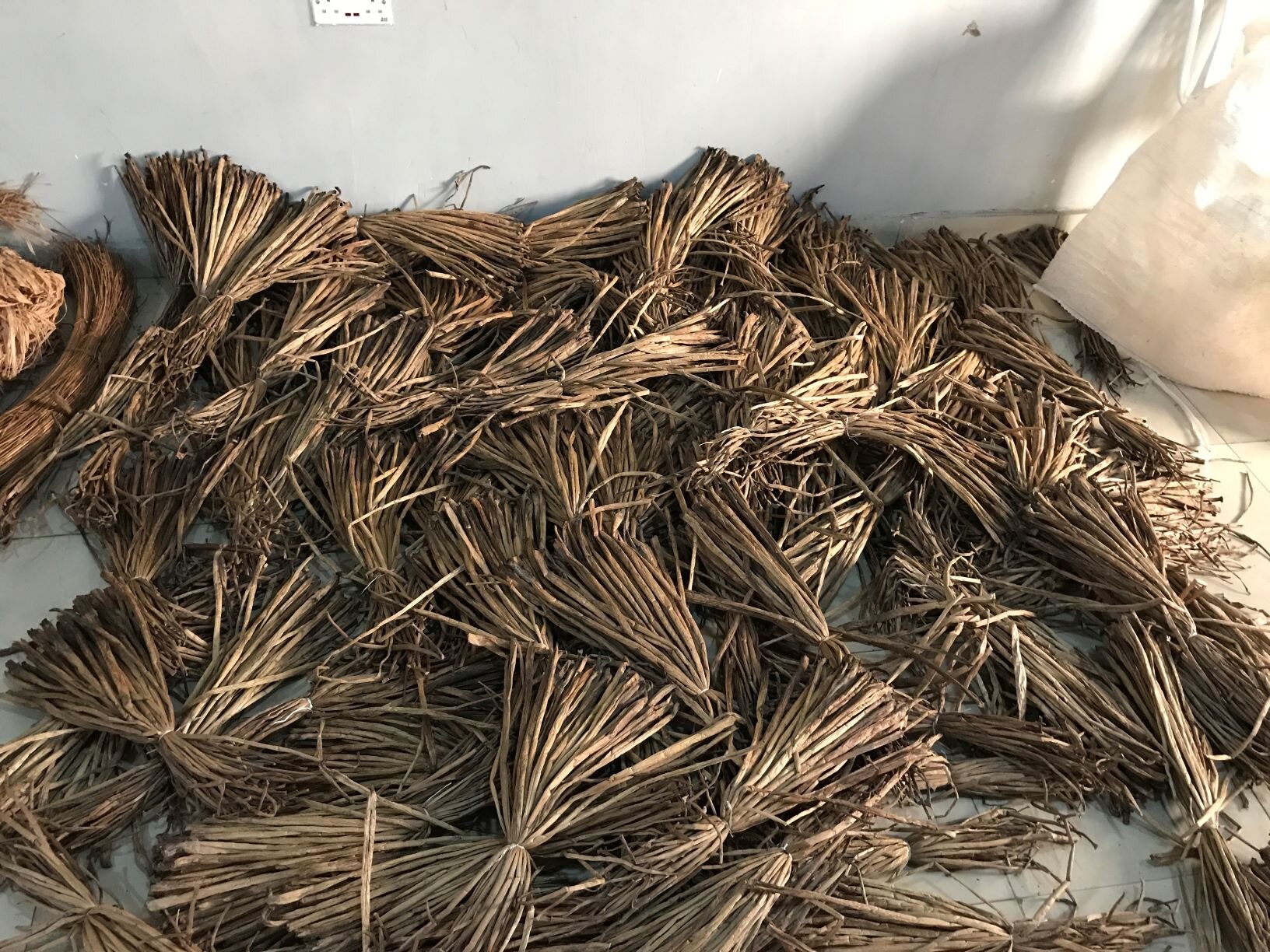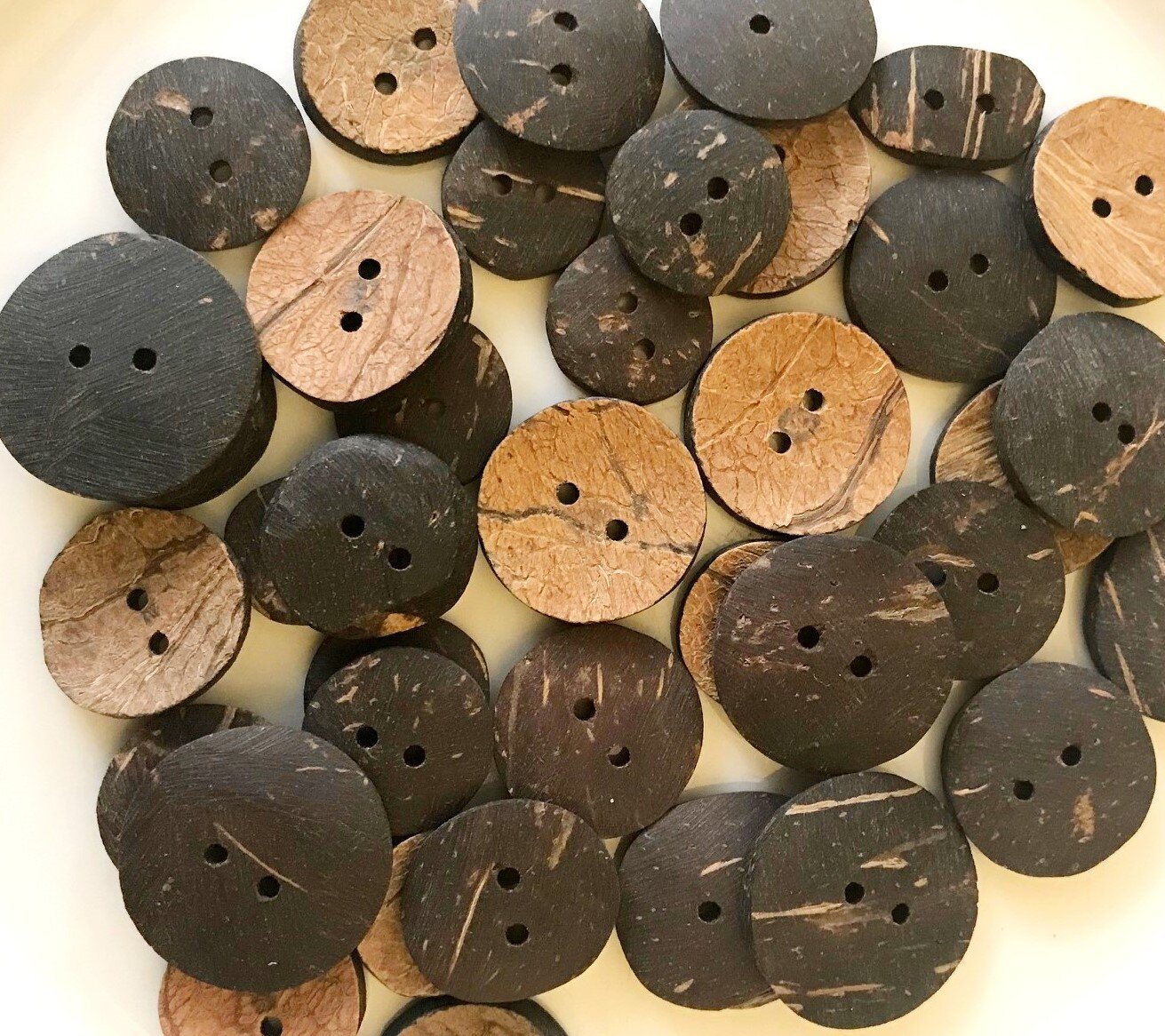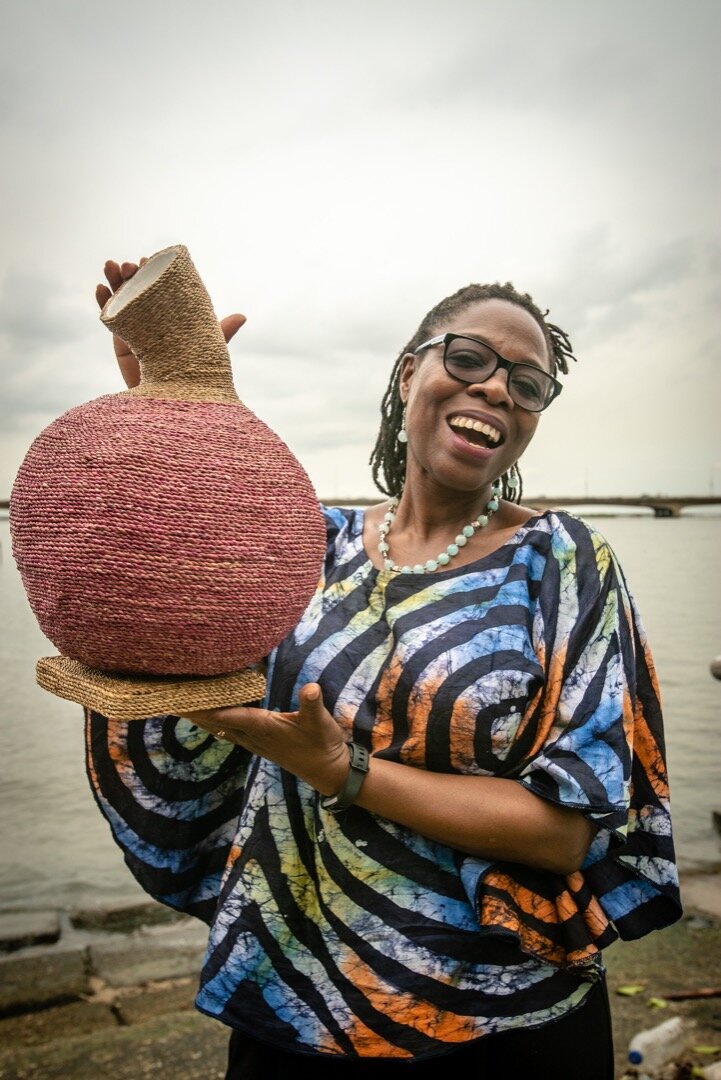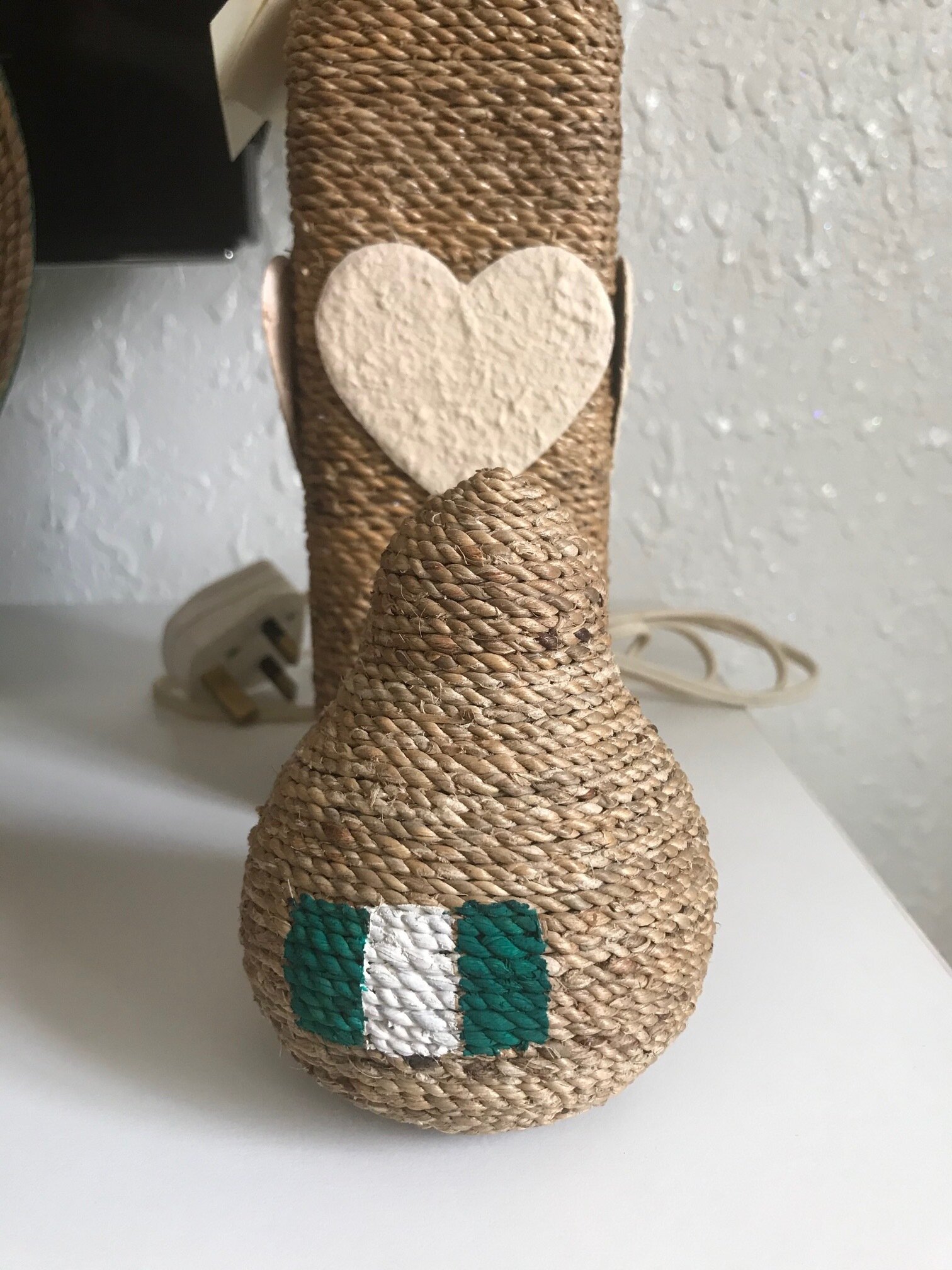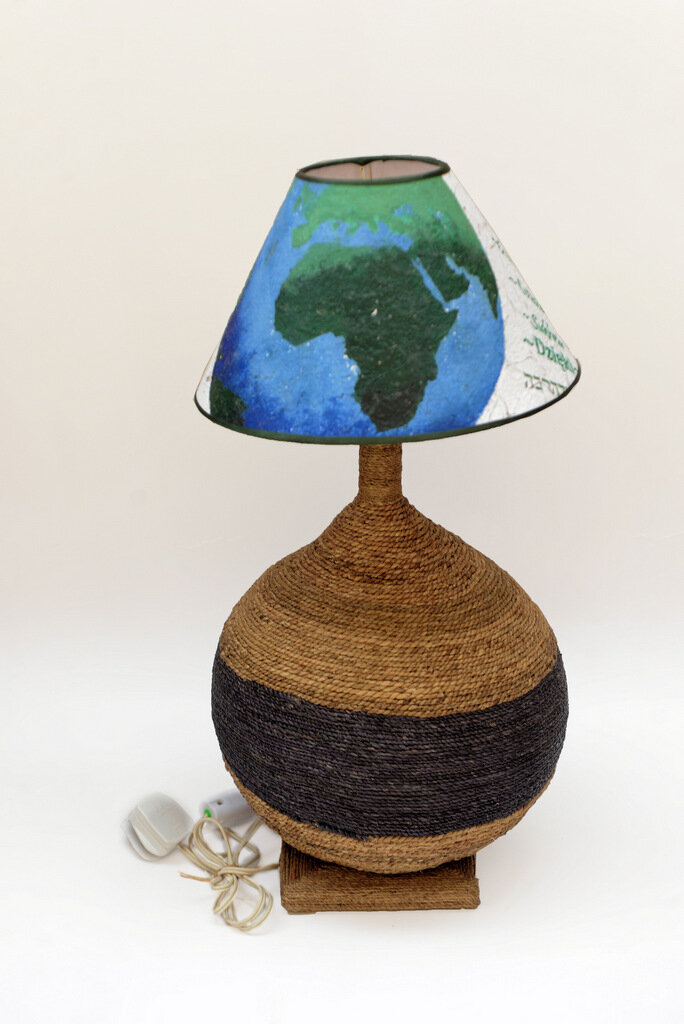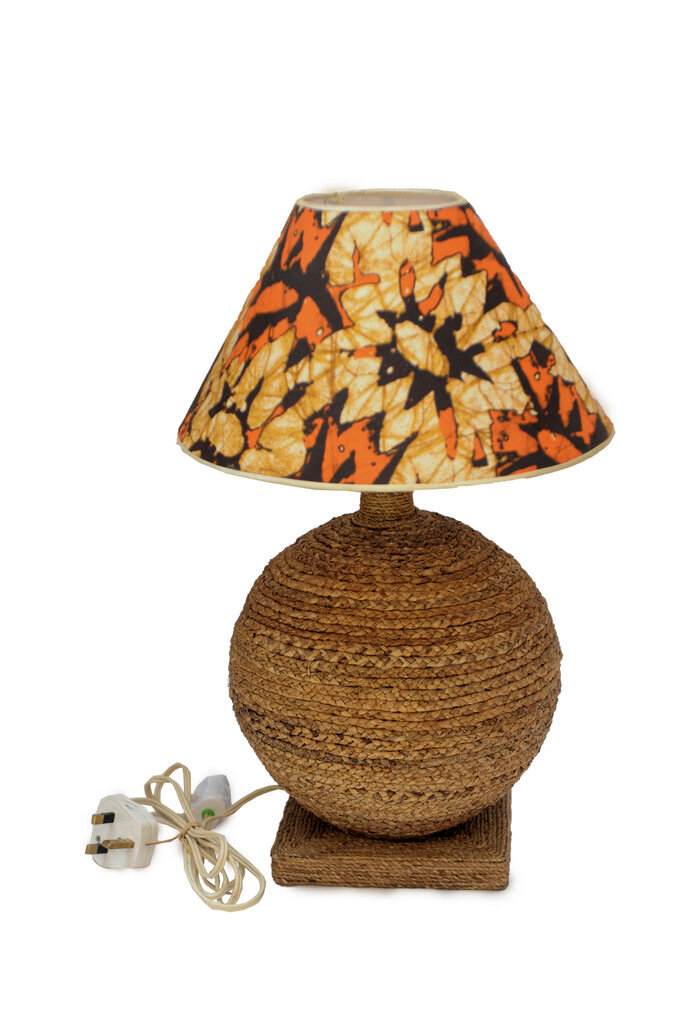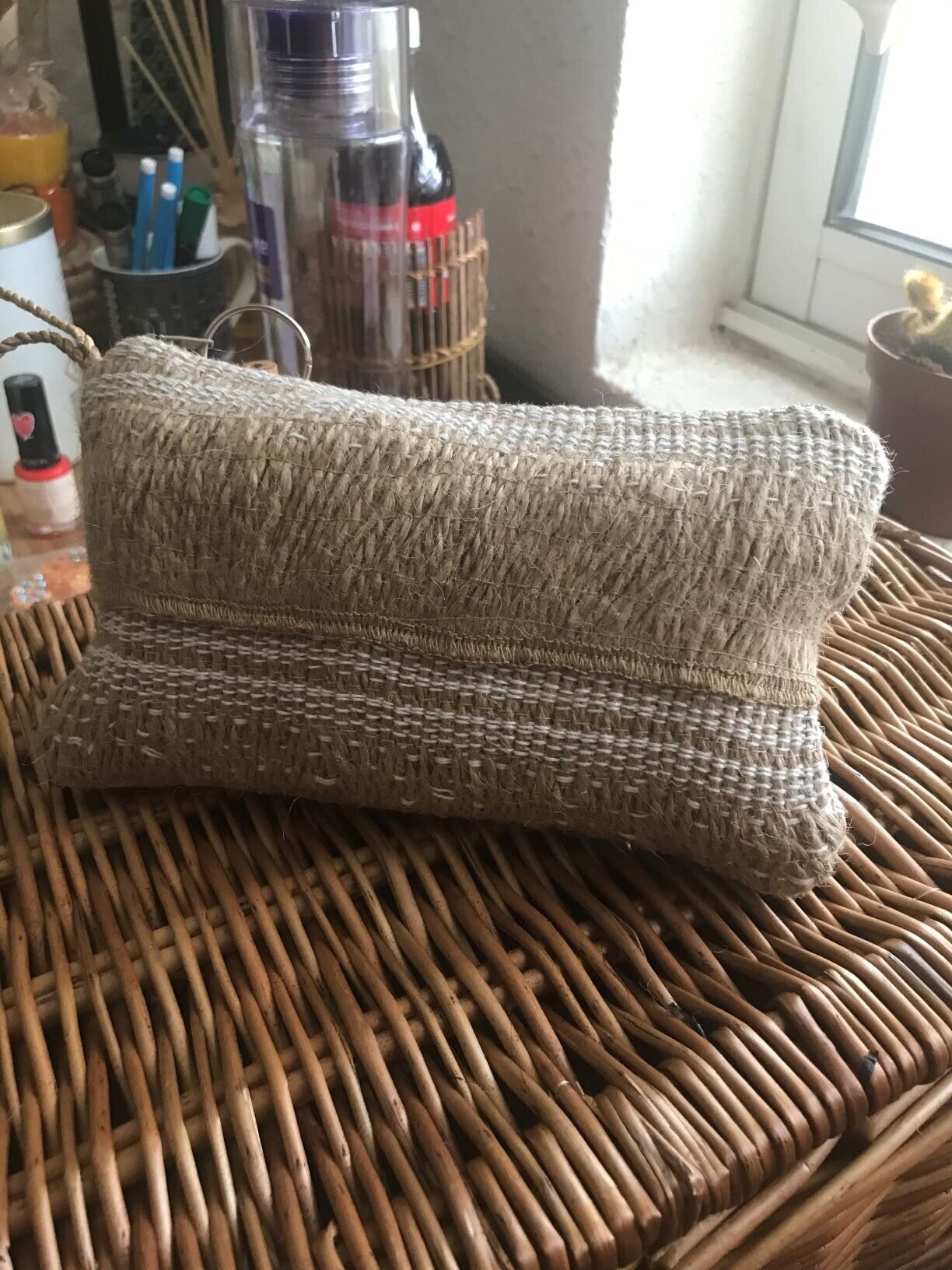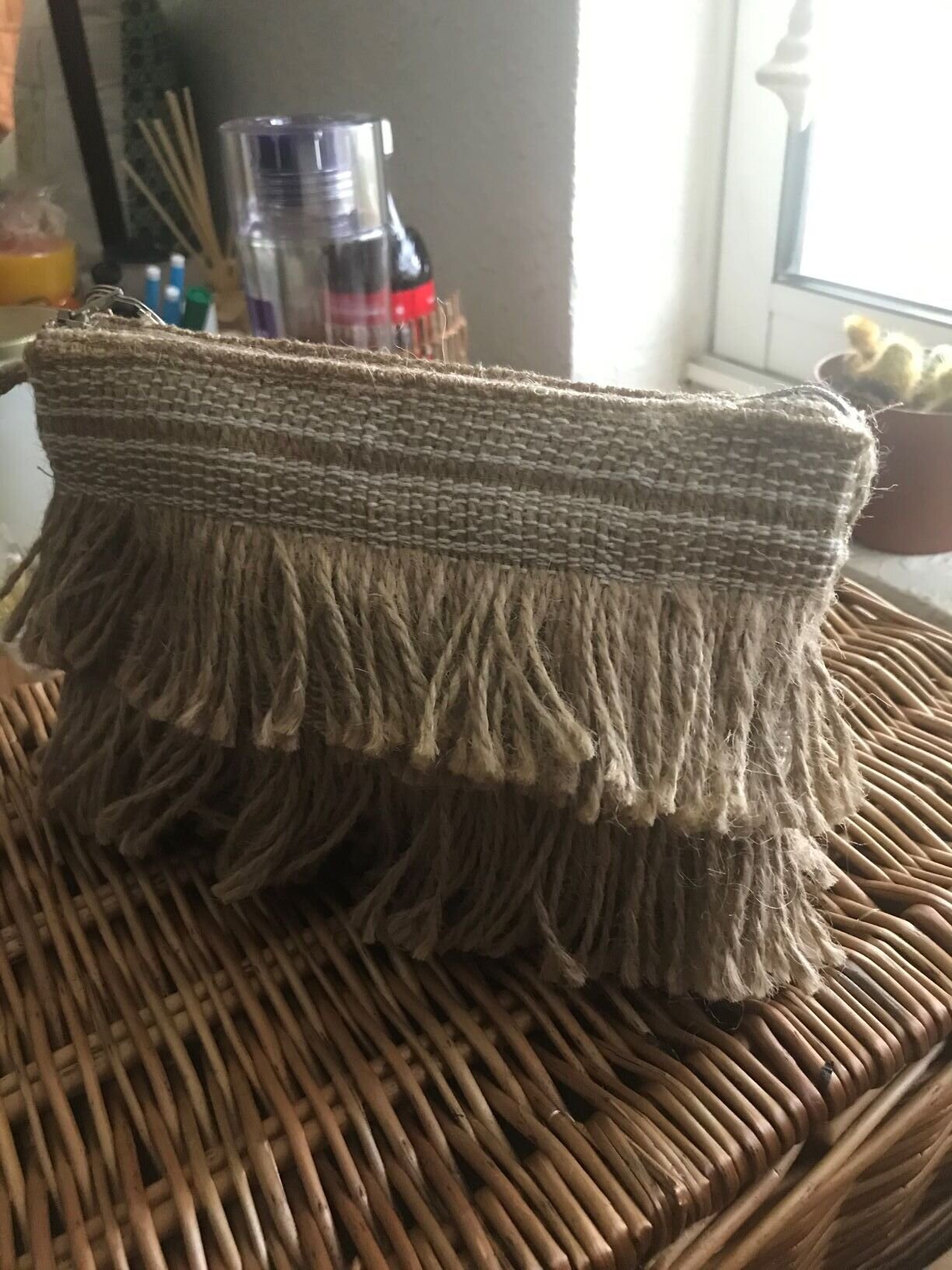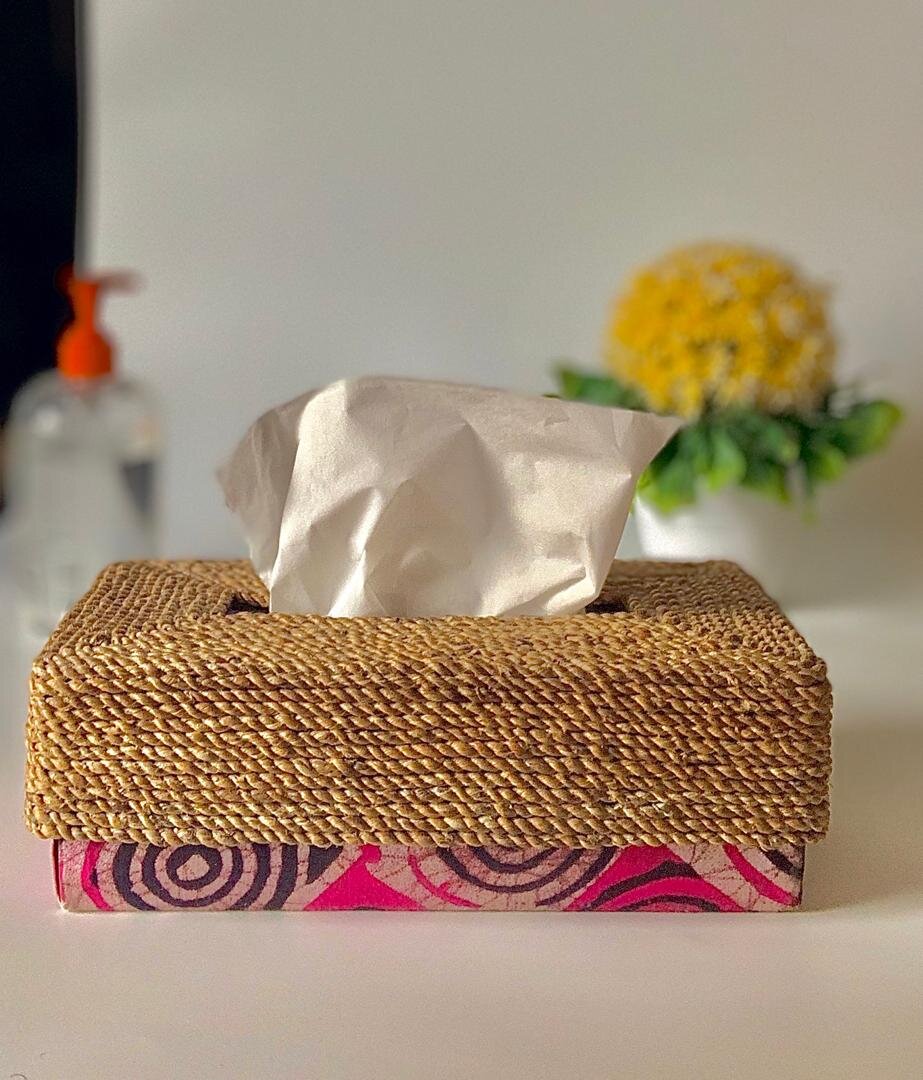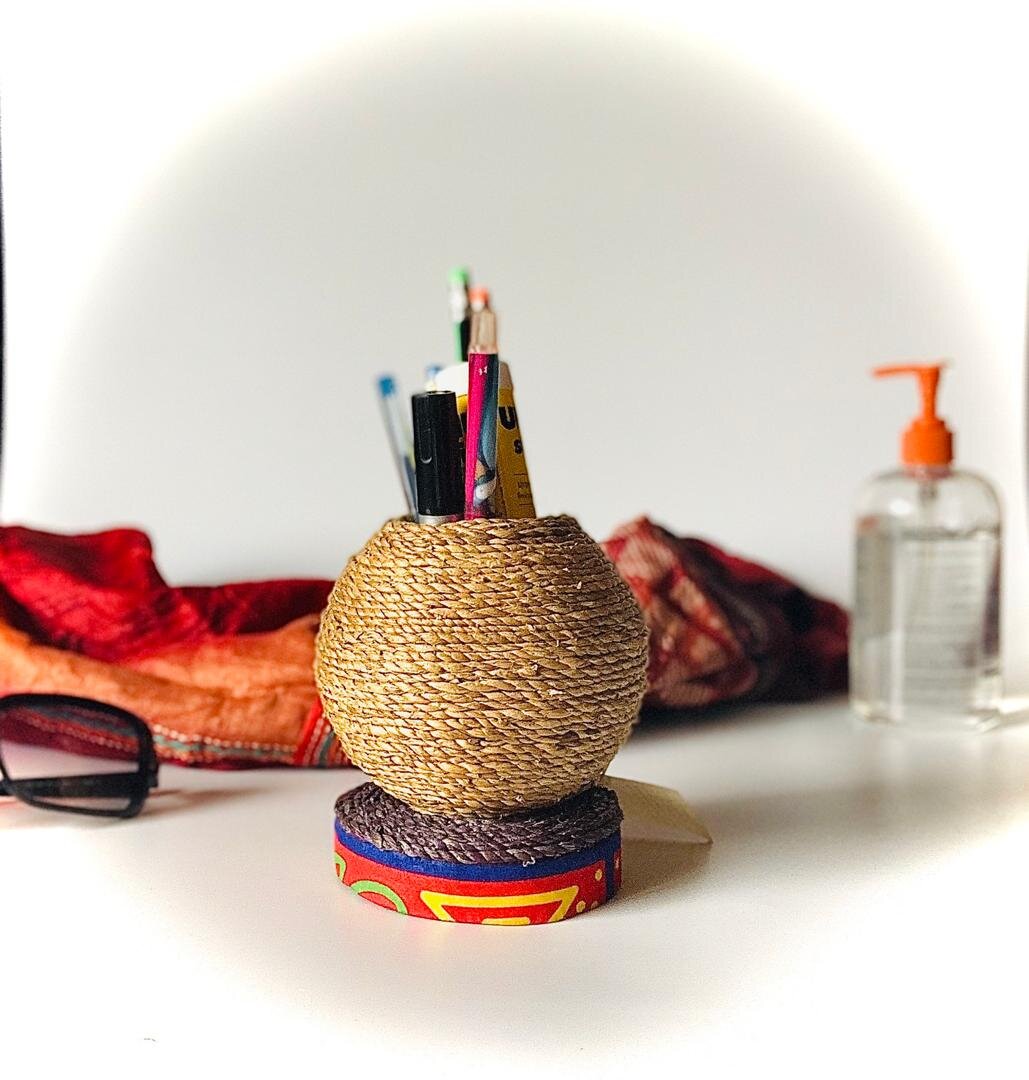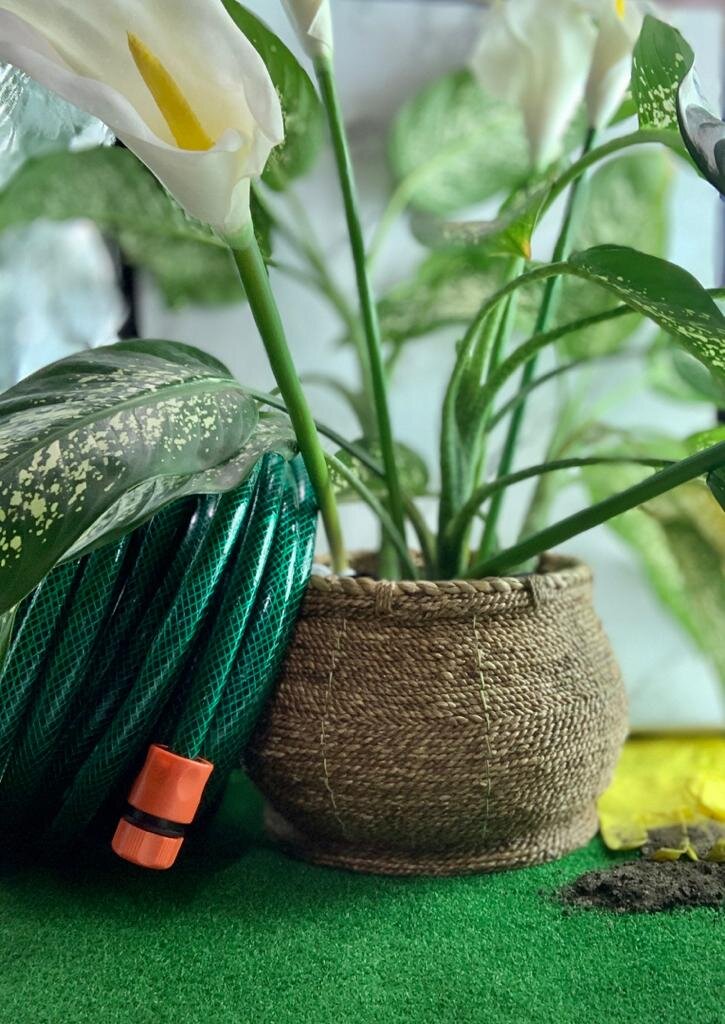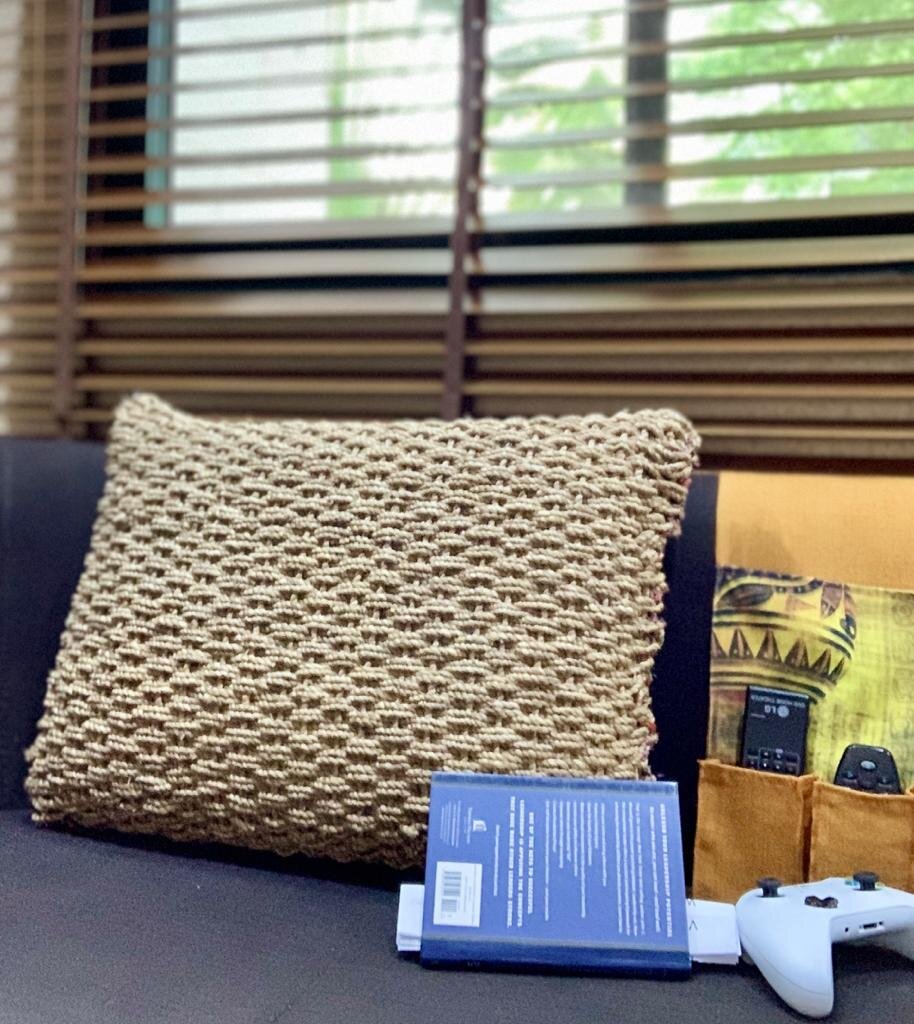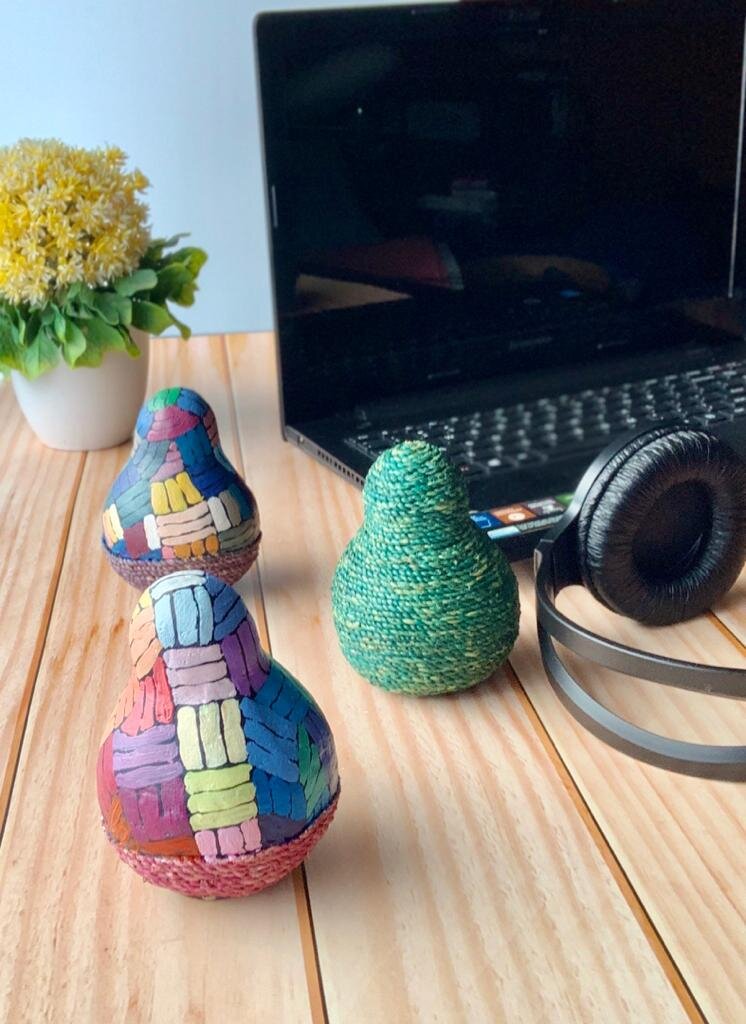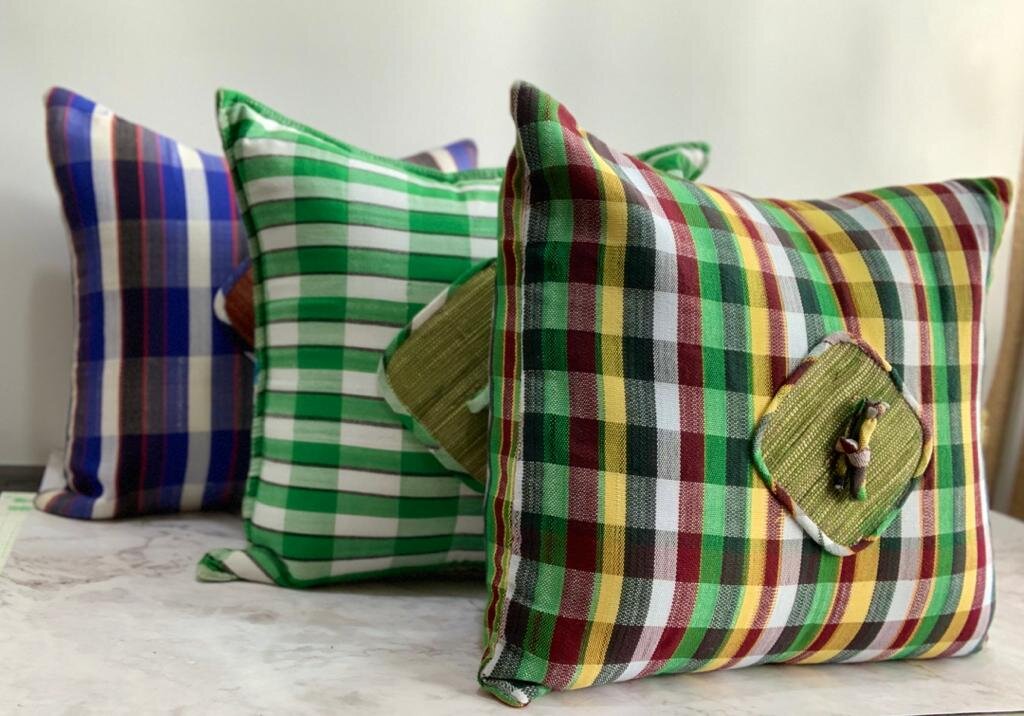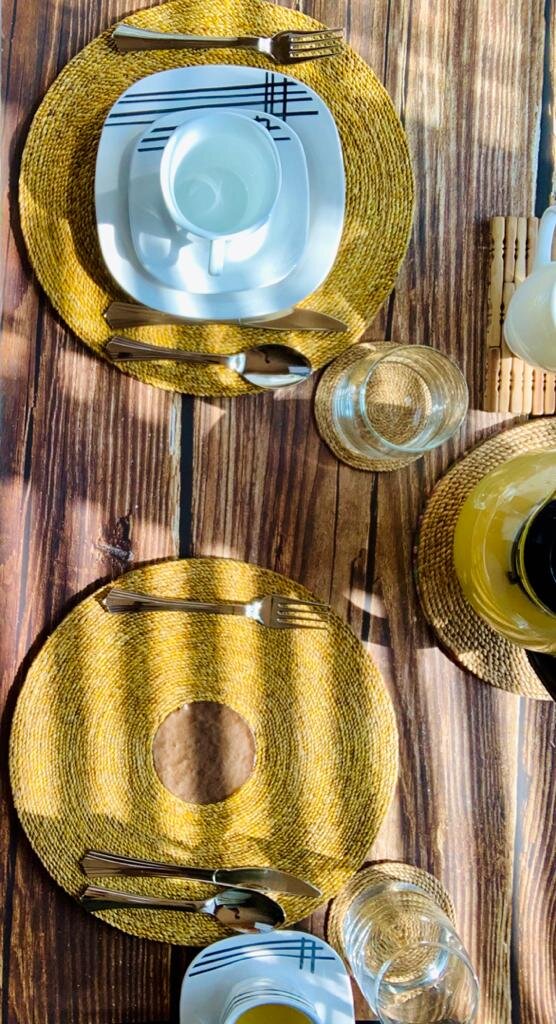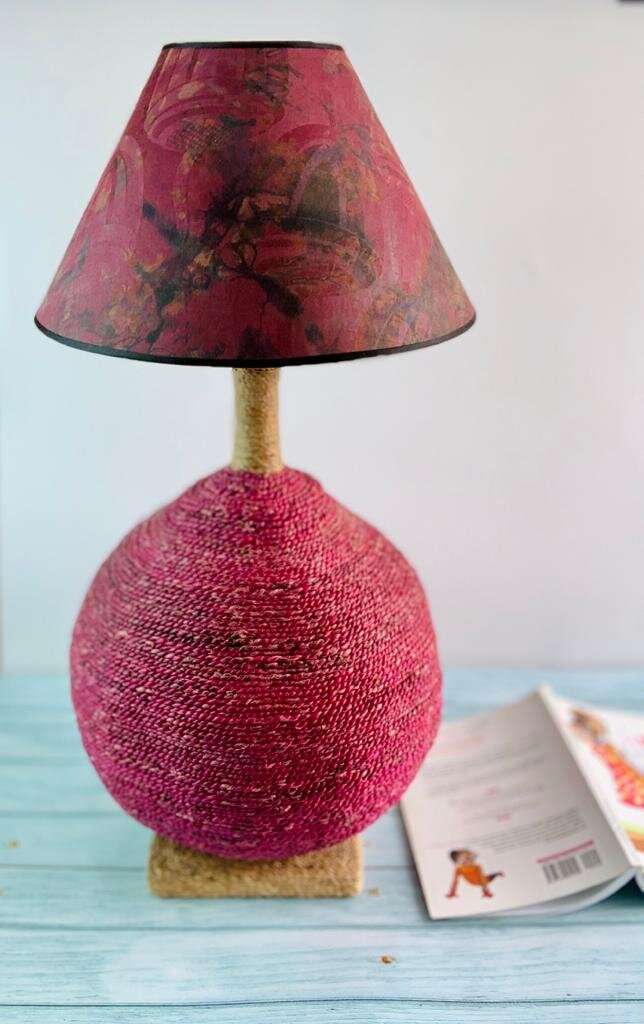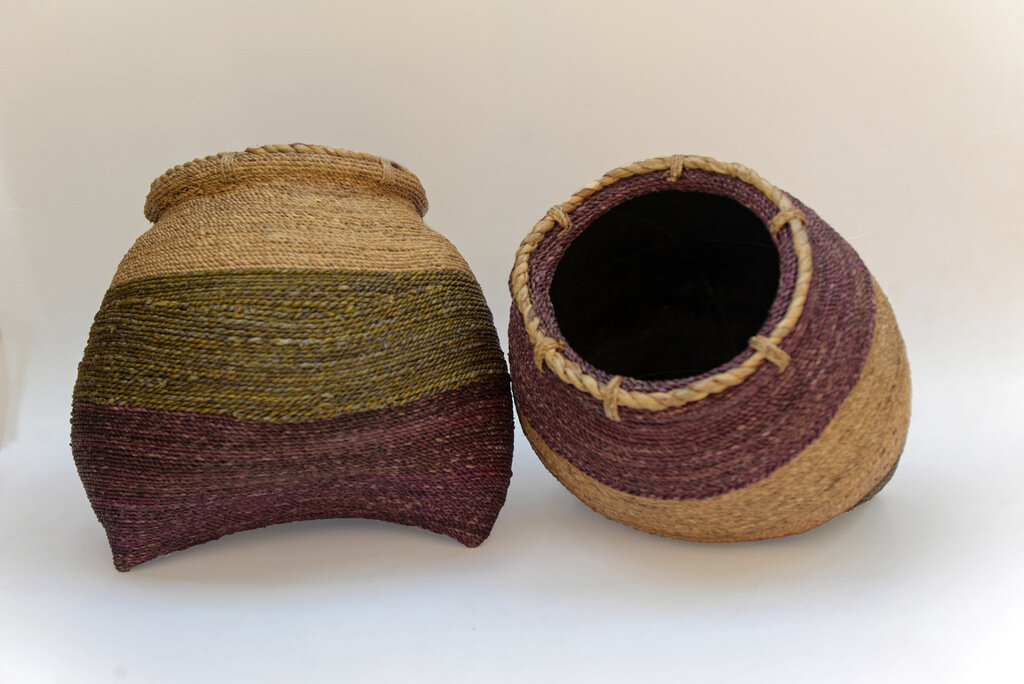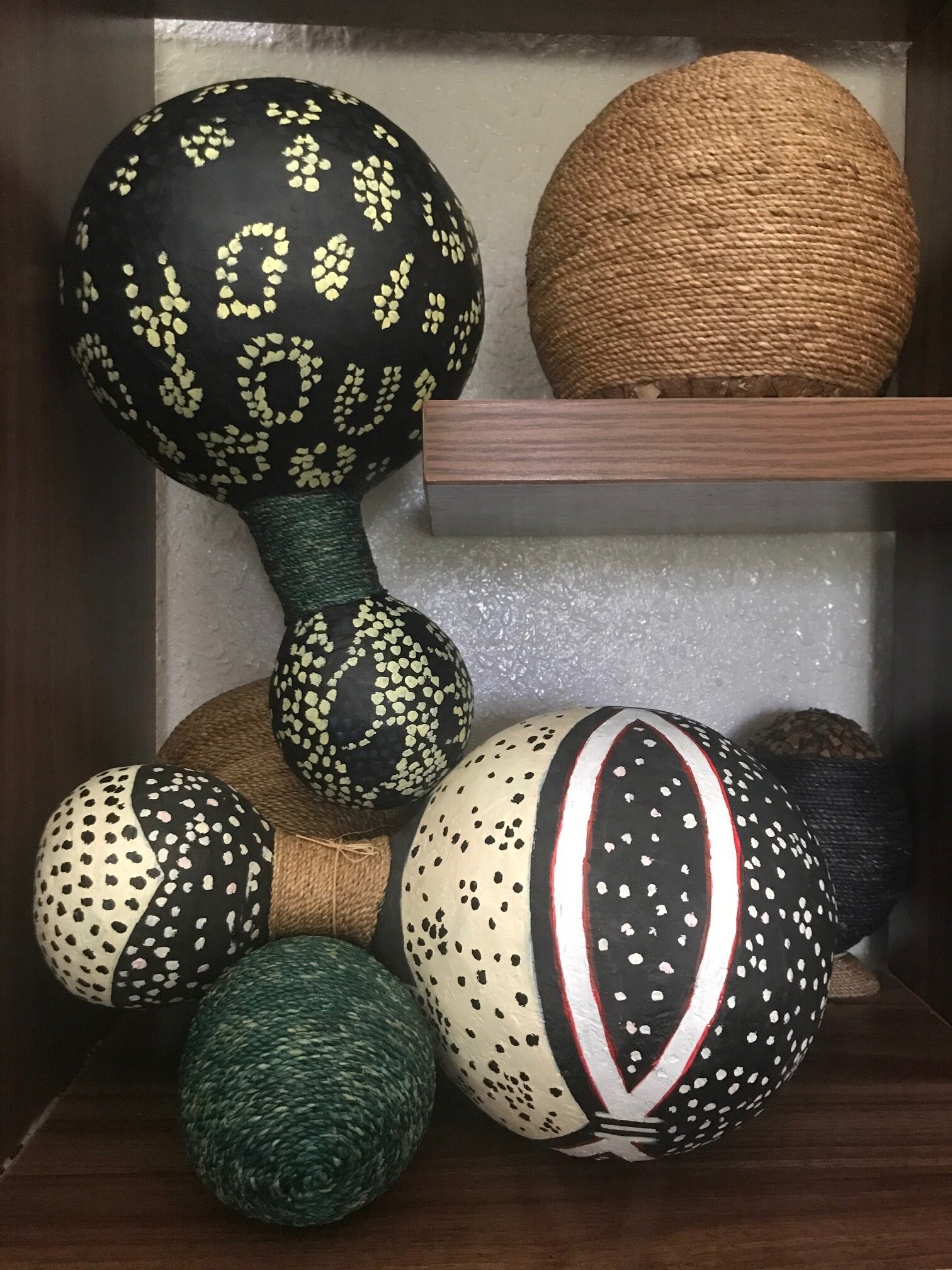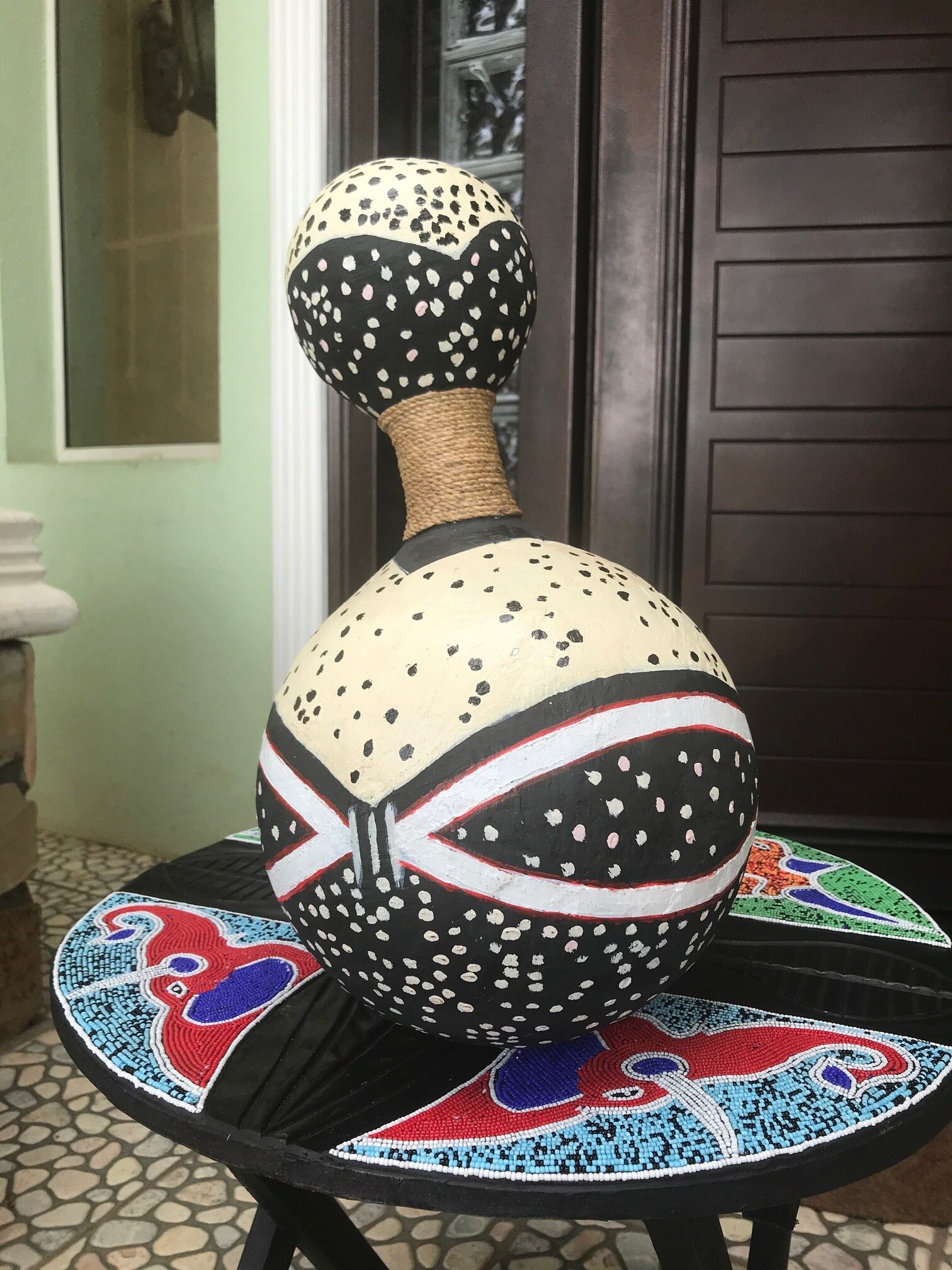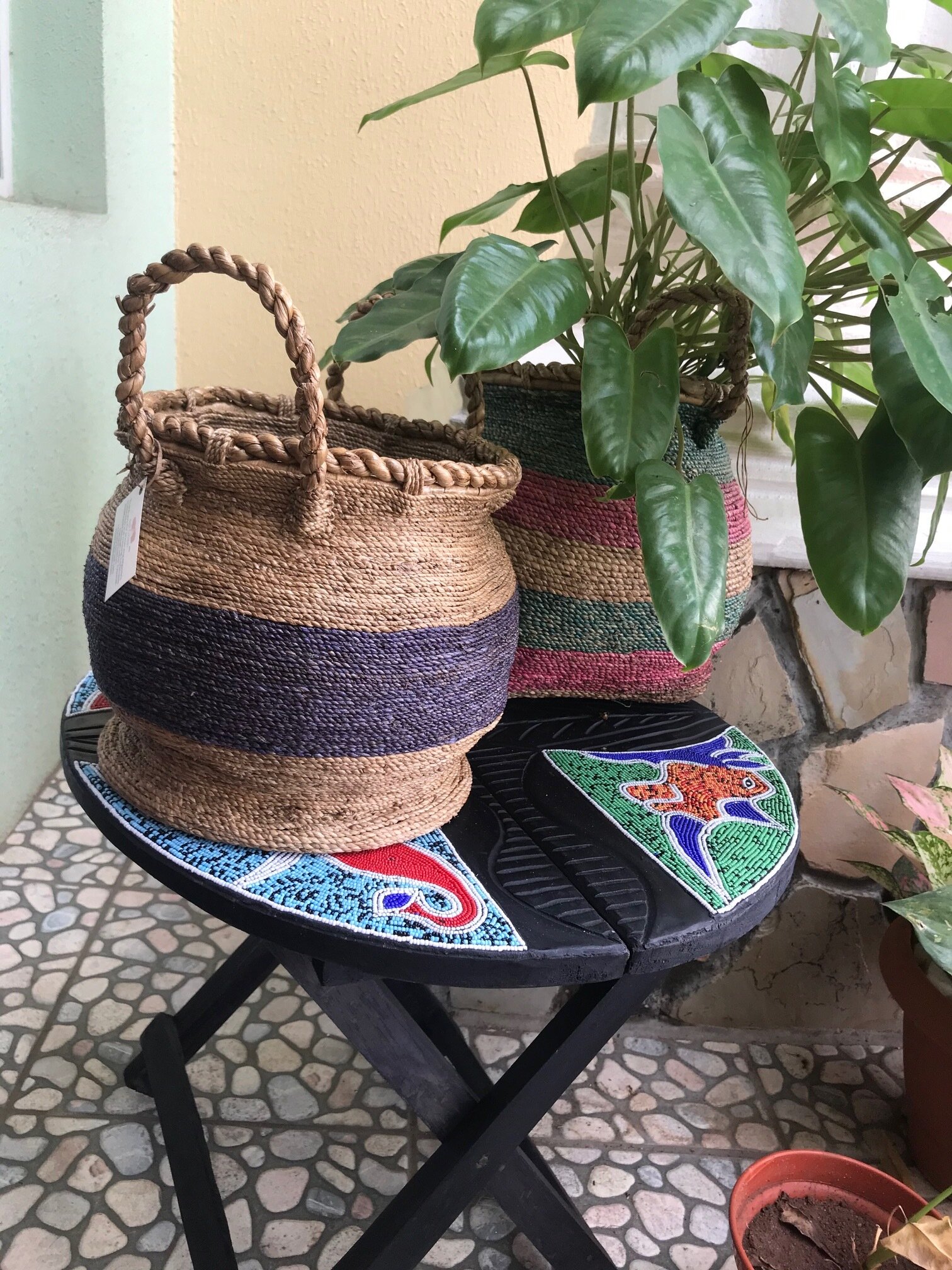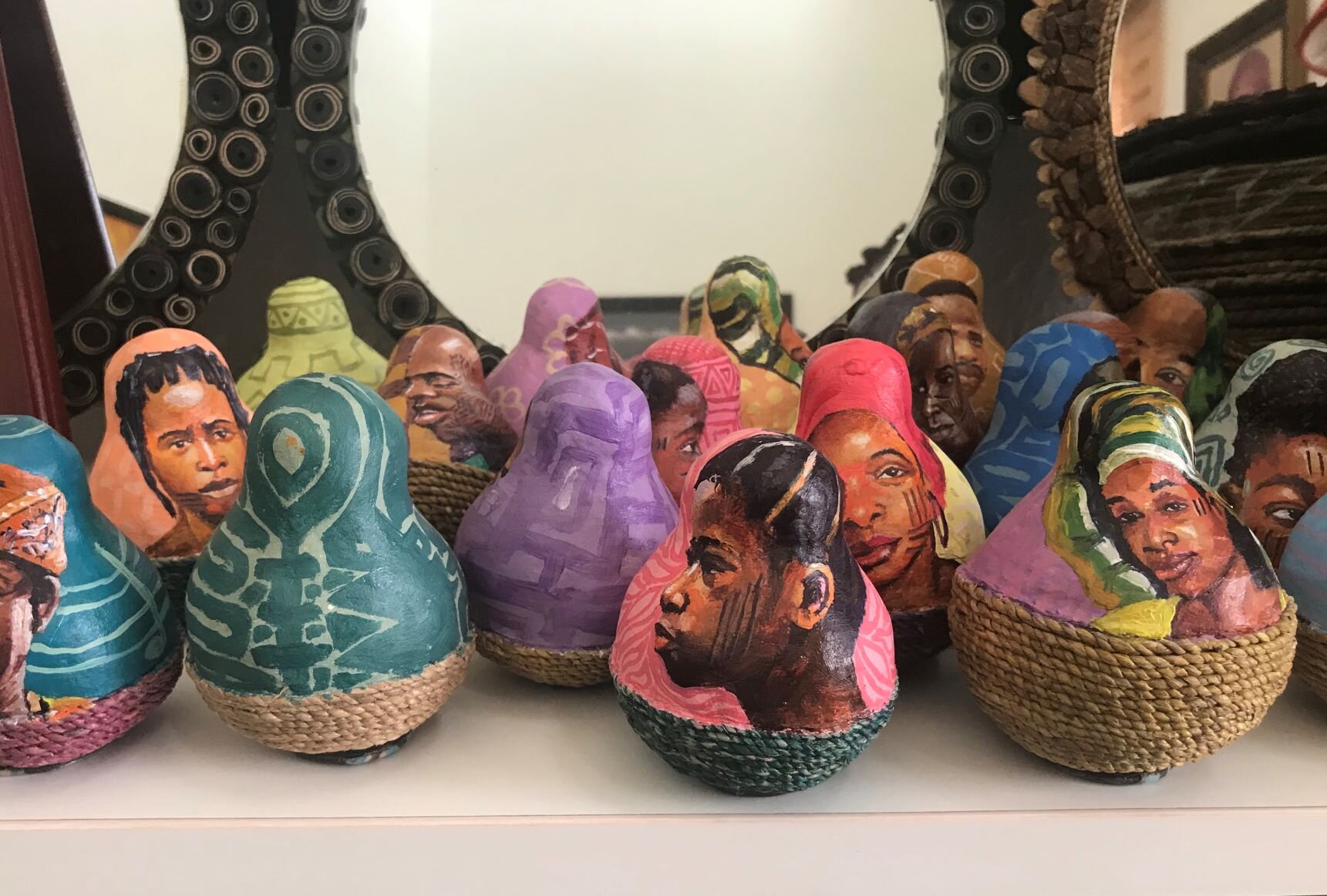LIONESS WEEKENDER COVER STORY
MitiMeth, tackling a growing Nigerian environmental challenge and creating sustainable jobs.
Achenyo Idachaba-Obaro is a Computer Scientist turned Social Entrepreneur. She is also the Founder and CEO of MitiMeth, an award-winning Social Enterprise transforming waste and building livelihoods through the transformation of invasive aquatic weeds and agricultural residues. To date, MitiMeth has trained over 400 women from communities across Nigeria and Ghana to make eco-friendly home décor and lifestyle products from these natural fibres. She is passionate about creating employment opportunities through sustainable textiles and accessories from renewable materials and working with multi-stakeholders to push these into the mainstream. Her story has been featured on TED, BBC, Deutsche Welle TV, CNBC Africa and CNN’s African Start-Up.
Lionesses of Africa spoke to the inspirational Achenyo Idachaba-Obaro to find out more about her entrepreneurial journey and the positive change she is bringing to the lives of women in Nigeria and Ghana through her social entrepreneurship business.
Achenyo, tell us more about your inspirational business.
MitiMeth is an award-winning Social Enterprise. We are a cause driven brand, transforming waste and building livelihoods for 100+ women and youth in Nigeria via the Creative Economy. Our vision is to create environmentally and economically thriving handicraft producing communities and to become Nigeria's #1 choice in sustainable natural fibre products. We have connected the Art-Crafts-Design sub-sector to socio-economic development through the transformation of water hyacinth, typha grass, banana bark, coconut shells and bamboo culms. Our passion lies in rethinking, designing and producing unique home décor, art décor, gifts, stationery, baskets, fashion accessories, dining-ware and rope from these environmental menaces and agricultural residues. We facilitate Craft Innovation Workshops in rural communities empowering mostly women and youth to create income earning opportunities utilizing these locally available resources.
What inspired you to start your company?
When I relocated to Nigeria in 2009, I wanted to focus on sustainable development at the grassroots. I became completely immersed in the “Waste Recovery and Utilization” mindset looking out for opportunities that would ordinarily be overlooked or ignored for whatever reason. My encounter with Water Hyacinth was therefore a divine appointment. And when I “happened upon” the blanket of weeds curtailing access to the waterways in Lagos, I placed myself in the shoes of the communities whose livelihoods had been negatively impacted by the presence of the weed. I saw not just a problem but a potential opportunity to recover and utilize. That was my spark moment.
The groundwork for MitiMeth began in earnest in 2010, which I call my Research and Development year. I started off with designing and making storage baskets and table coasters using different water hyacinth weave patterns. I subsequently registered the business in 2011. Our first community training took place in Owahwa, Delta State in partnership with the Wetland Institute for Training Services in 2013. The community’s reaction to the workshop was that of great surprise and excitement as they had never imagined that the water hyacinth weed could be put to beneficial and economic use. It was an eye-opener right there in that creek community that creating wide spread awareness was key followed by the transfer of skills. Seven years later, after our first community training we have worked several partners in over 30 communities, transferring skills to over 400 women and youth.
Why should people buy MitiMeth products?
MitiMeth is building livelihoods for 100+ women and youth in Nigeria via the Creative Economy with renewable resources. Our products and services are unique and special in the sense that when people purchase MitiMeth handcrafted products, they are helping to tackle the problem of an environmental menace, they are helping to reduce poverty and they are providing decent work and economic growth to communities. MitiMeth’s upcycling activities I) promote resource recovery (making use of unused renewable resources available in abundance on Nigeria’s waterways and in the Agricultural sector), ii) creates access to waterways iii) reduces the impacts of evapo-transpiration iv) creates an enabling environment for artisanal fishing activities and v) provide alternative skills and income generating opportunities within the impacted communities. Past efforts have been made by the government of Nigeria to control aquatic weed infestation and mitigate the adverse impacts of the weeds. To-date most of the various weed clearing activities in Nigeria have not been sustainable. Our approach to making the transformation of invasive aquatic weeds a sustainable and beneficial community based economic activity makes MitiMeth stand out as a special cause-based brand.
Tell us a little about your team
We are a team of 13 full-time employees between our Ibadan and Lagos hubs, a few volunteers and 100+ home-based Artisans.
Share a little about your entrepreneurial journey. And do you come from an entrepreneurial background?
In February 2009, I did what most considered unthinkable. I handed a letter to my boss. It was a resignation letter. An employee didn’t quit his/her U.S. based job at ExxonMobil to head to Nigeria. It was always meant to be the other way around. I changed the narrative and became the exception. Driven by a strong conviction to create impact at the grassroots by focusing on local homegrown solutions to environmental challenges or problems in the community. After resigning from my job, I spent the next 6 months fleshing out details of my plan to relocate back to Nigeria after being away for 19 years. During the 6 months, I networked relentlessly and made as many contacts as I could in the U.S. with expertise relevant to my interests back in Nigeria and did the same in Nigeria. Towards the end of October 2009, I was on a flight back to Nigeria perhaps for good or at a minimum for a long time.
The first institution I partnered with in Nigeria was a University. The University of Ibadan Centre for Entrepreneurship and Innovation. Why? Because I wanted to have access to resources within the Academic community. Being a new business “on the block”, I also needed the affiliation with the University to provide credibility. At the time, I was a staff of one but through my University of Ibadan network I was able to get Graduate students recommended by a few Professors to work with me on some field-based projects. What I found out through that experience was that partnerships are key.
It was while I was doing self-funded research that I ‘happened’ upon water hyacinth. A 30 year old aquatic weed infestation problem in Nigeria. Because I was already in the “waste recovery and utilization mindset”, spotting dense mats of water hyacinth translated to spotting an opportunity. An opportunity to come up with a tangible expression of the message I had been preaching on transforming waste to beneficial use. I chose to focus on the handicrafts option because it was less capital intensive and the technical expectations were lower. I thought it would be wise to start small, have physical products and economic results to motivate people to transform the resource in their midst to beneficial use.
The journey to making water hyacinth products and developing an Artisan economy started as a journey of one. Along the way it has become a journey of many. From family and friends to Producers (Artisans) to Employees to Technical Partners to Social Investors to Retail Partners. To-date we have trained over 400 Artisans, have 100+ Artisans actively engaged in the supply chain, have 6 Retail channel partners, have 3 Social Investors, 3 Award Grantors. From an initial Turnover of N6,000, we have achieved a turnover of over N17,000,000. Water hyacinth also known as Gbeborun - the talebearer, Akpiye K’oma -the Killer, Abiola, Babangida, Lakwa.
Along the entrepreneurial journey, set realistic expectations. Disappointment is a given and so are detours. Being resilient and agile are essential attributes to have as an entrepreneur.
What are your future plans and aspirations for your company?
MitiMeth's aspiration is to create environmentally and economically thriving handicraft producing communities and becoming Nigeria's #1 choice in eco-friendly handcrafted products and a key non-oil exporter of artisan products. We are striving to be a leading Nigerian manufacturer and retailer of artisanal luxury products made from natural, organic, and ecologically sound fibres. With rising youth unemployment rates and rapid rural-urban migration across Nigeria, we are looking for partners to support vocational craft training, the establishment of common facility centres and facilitate market linkages and access.
What gives you the most satisfaction being an entrepreneur?
I consider MitiMeth to be something amazing I have built, starting from ground zero. Today, MitiMeth can be seen as a tangible expression of the message I had preached on waste recovery, transformation and utilization several years prior. Water hyacinth, an environmental menace, to several riverine communities had remained virtually untapped for 3 decades before MitiMeth came on the scene to change the narrative. Weaving a story around the prevalent weeds and creating aesthetic and functional products for the home. With over NGN17M in wages transferred to 100+ home-based Artisans, MitiMeth is impacting lives and the environment for good and we have received recognition and favourable coverage from organizations like Lionesses of Africa. We have received accolades including the 2015 Tony Elumelu Foundation Award, the 2014 Cartier Women’s Initiative Award, the 2013 YouWIN Award, the 2013 Local Raw Materials Content Award. Also knowing that our work at MitiMeth is aligned with several of the Sustainable Development Goals gives me great satisfaction.
What's the biggest piece of advice you can give to other women looking to start-up?
As an entrepreneur, I have learned several valuable lessons on the journey to significance and impact at MitiMeth. Let me share them with you all now:
For those who want to embark on the entrepreneurial journey or who are already on the journey, weigh your options carefully. Think through them, reach a decision and stick with it. Know your risk tolerance levels and take a calculated risk. Be confident and just do it! For me, I didn’t want to look back several years down the line and wish regretfully that I should have done it.
Prepare for the journey. Research the idea, solicit advice as to the potential of your business idea from as many sources as possible: friends, family, colleagues, business associates, or any industry specialists you may have access to. Map the trip (write a business plan, apply to incubators, join network organizations and events, embark on professional development and training, “give-away” services and sample products, form partnerships, assemble the right team).
Enjoy the journey. Pace your business and don’t run ahead of yourself either due to peer pressure or ill-informed advice. Don’t drive more miles than your business is capable of handling.
Refuel along the way and don’t allow your tank to get dangerously low. Retreat every now and then to rejuvenate. Self-care is important. Make stops along the way to make sure you are still on the right track (take stock and evaluate the business to ensure you are meeting objectives and you are working towards the vision and mission of the business).
Celebrate your achievements.
Know that there’ll be unanticipated diversions along the way (like a change in government policy, a recession, a pandemic etc). Identify those potential threats to your business (your SWOT analysis) and devise ways to mitigate the impacts. Don’t panic or get overworked about the diversions. Make the most of the “distractions”. Focus on the positives by making lemonade out of lemons!
Take it all in.
Find out more about MitiMeth by contacting Achenyo via email achenyo@mitimeth.com.ng
Visit the MitiMeth website and social media pages:
WEBSITE | FACEBOOK | TWITTER | INSTAGRAM | PINTEREST | YOUTUBE

